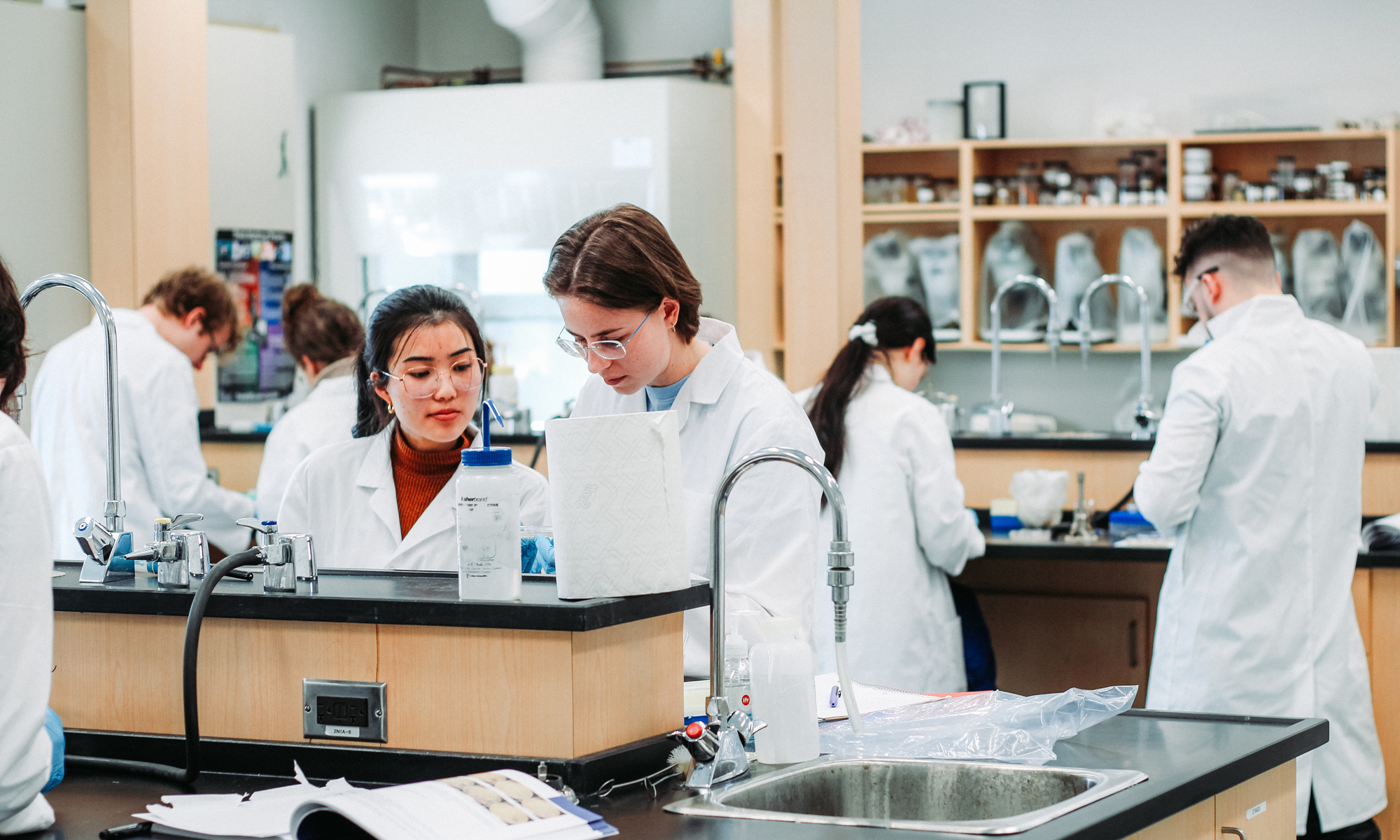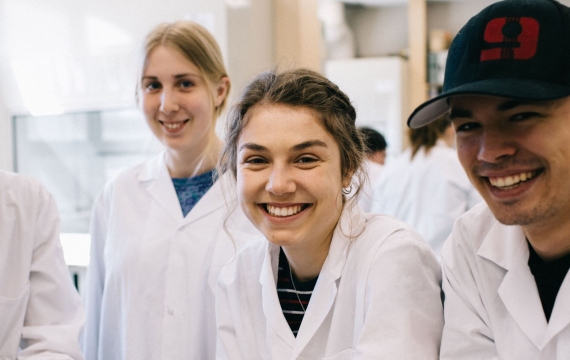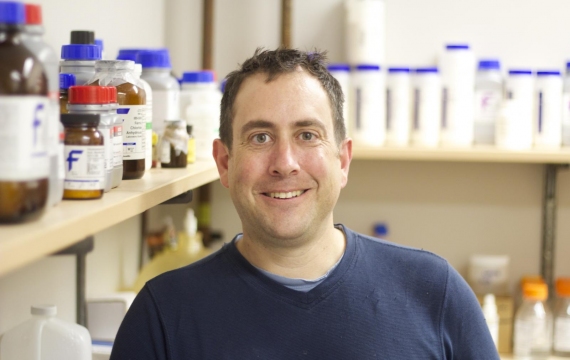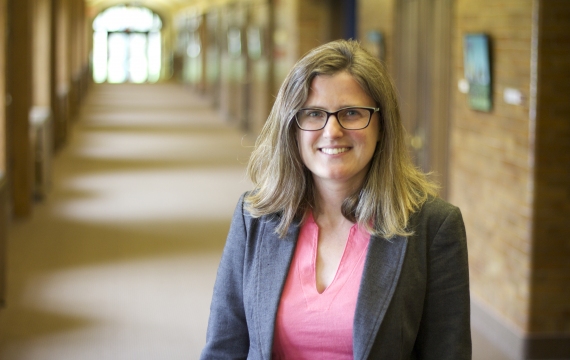Natural Sciences BSc

Careers in Biology
With a Bachelor of Science (BSc) degree in Biology, you have a wide range of career options. Some possible career options may include, but are not limited to, the following:
- Biomedical researcher – conducting research to optimize human health and combat diseases.
- Biological technician – assisting scientists with experiments, research projects, and laboratory procedures.
- Conservation scientist – protecting natural resources and the environment by conducting field research and ecological assessments.
- Environmental consultant – providing advice and expertise on environmental issues such as pollution control and sustainability.
- Veterinarian – diagnosing and treating animal diseases, and providing medical care to animals.
- Science writer – communicating scientific information to the public through articles, blogs, and other media.
- Pharmaceutical sales representative – promoting and selling pharmaceutical products to healthcare professionals.
- Genetic counselor – helping individuals and families understand the potential genetic risks associated with specific medical conditions.
- Biotechnology researcher – developing new technologies and products using biological systems.
- Medical laboratory technologist – performing laboratory tests on patient samples such as blood and urine to aid in the diagnosis and treatment of diseases.
These are just a few examples of the many career options available to someone with a BSc in Biology. Your choice of career may depend on your interests, skills, and experience, as well as the job market.
Many CMU graduates have gone on to enter medical school to become doctors and nurses. A BSc degree in Biology can provide a strong foundation for further study in medicine or related healthcare fields. With a BSc in Biology, you can pursue a variety of medical careers such as:
- Physician – diagnosing and treating illnesses and medical conditions in patients.
- Surgeon – performing surgery to treat injuries or illnesses, or to repair or replace diseased organs or tissues.
- Physician assistant – performing medical services under the supervision of a physician, such as conducting physical exams, making diagnoses, and prescribing treatments.
- Nurse – providing direct medical care to patients, and assisting physicians and other healthcare professionals with patient care.
- Medical researcher – conducting research on diseases, treatments, or medical devices to improve health outcomes.
- Medical laboratory technologist – analyzing patient samples to diagnose and treat diseases.
- Medical sales representative – promoting and selling medical devices or pharmaceutical products to healthcare professionals.
- Anesthesiologist – administering anesthesia to patients undergoing surgical procedures.
- Physical therapist – helping patients recover from injuries or illnesses by providing rehabilitative services and therapy treatments.
- Occupational therapist – helping patients recover or develop daily living and work skills after an injury or illness.
Note that for some of these careers, further education and qualifications are required. For example, to become a physician, you would need to attend a medical school and earn a medical degree (MD or DO), followed by residency training.
Science Stories


Two CMU alumni prove the value of creative veterinary care

Five things I wish I knew before stepping into a CMU science class
— Annika Loeppky (CMU science student)

"I'm going into a very competitive field, and I knew that I could find extra help and support here. I knew about the higher standards and I believed that CMU could contribute to my success in the field."
— Esther Derksen ('16)






 Print This Page
Print This Page